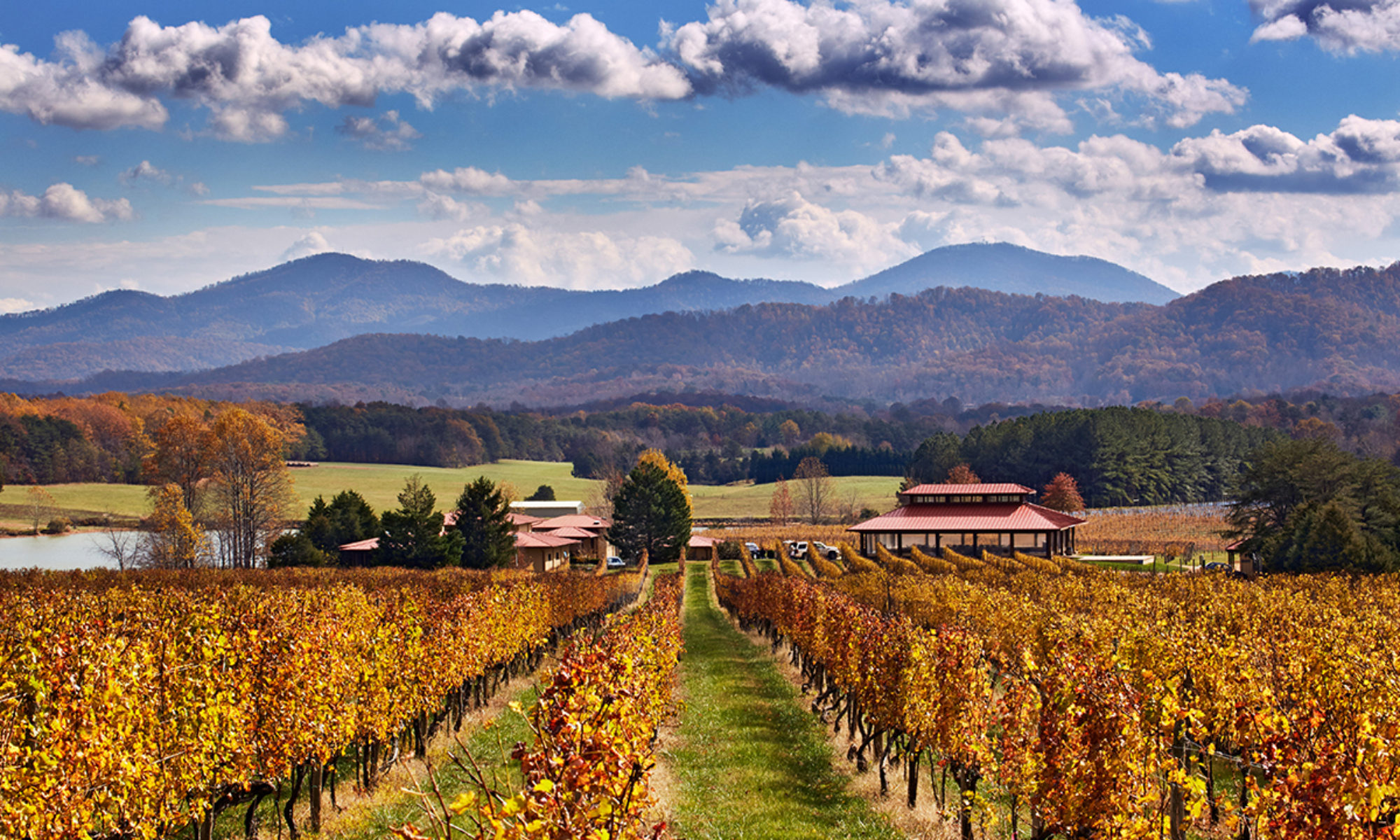868 Estate Vineyards
In the northwest corner of Loudoun County. Owned by 3 families in partnerships, and opened in 2011. Includes a restaurant (Grandale, named for the original farm, predates the vineyard) with nice views, a good place to enjoy tasting the wine. Sustainable grape growing, and farm-to-table for restaurant. Much smaller than the neighboring Breaux Vineyards estate. 868, as of early 2023, was up for sale for an asking price of just under $9 million.
Wine. One of the 20 best wineries of Northern Virginia, and among the State’s best 50 wineries. Appreciation of 868’s wines has been on a marked uptick the last year. Three 868 bottles were awarded Gold Medals at the 2025 Virginia Governor’s Cup state-wide tasting competition: their 2022 Meritage and Chardonnay, and their 2023 Sauvignon Blanc, while their 2022 Grandale and Viognier were awarded Silver Medals. 868’s Vidal Blanc has been very popular. At the 2022 Governor’s Cup competition, the 2019 Vidal Blanc Passito was awarded a gold medal, and at the 2020 competition was selected as part of the 2020 Governor’s Case, the top 12 of more than 500 wines tasted at the annual Virginia state-wide wine competition. 868’s 2019 Meritage Reserve, 2020 Cabernet Franc, Meritage and Petit Verdot all received silver medals at the 2022 Governor’s Cup, while the Merlot came away with a bronze medal. At the 2022 Best of Loudoun awards, 868 wines were voted best Sauvignon Blanc and best Viognier in Loudoun.
Setting: One star. Pretty and scenic property, nice gazebo. If the setting in the winery isn’t enough for you, go a few miles north to the place of which Thomas Jefferson wrote “The passage of the Potomac through the Blue Ridge is perhaps one of the most stupendous scenes in Nature” (see Harper’s Ferry, below).

Stories: Civil War — John Brown’s Raid. 868 is the southernmost of five vineyards all located on Harper’s Ferry Road, in the northwest corner of Loudoun County. The Maryland and West Virginia state lines are seven miles away on county road 671, at historic Harper’s Ferry. Harper’s Ferry’s fame derives from “John Brown’s raid,” one of the key triggering events for the American Civil War. Brown was an abolitionist who believed armed insurrection was the only route to ending slavery. In 1859 he led a raid on the federal armory at Harper’s Ferry, with the intention to seize the guns and other weapons at the armory and to use these to arm slaves and help them fight for their freedom. The raid failed and Brown was hanged, but it also so heightened tensions between the North and South that the war was started not long thereafter. Historians variously characterize Brown as either a terrorist or a heroic martyr.
